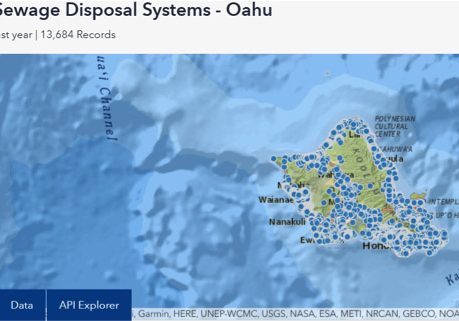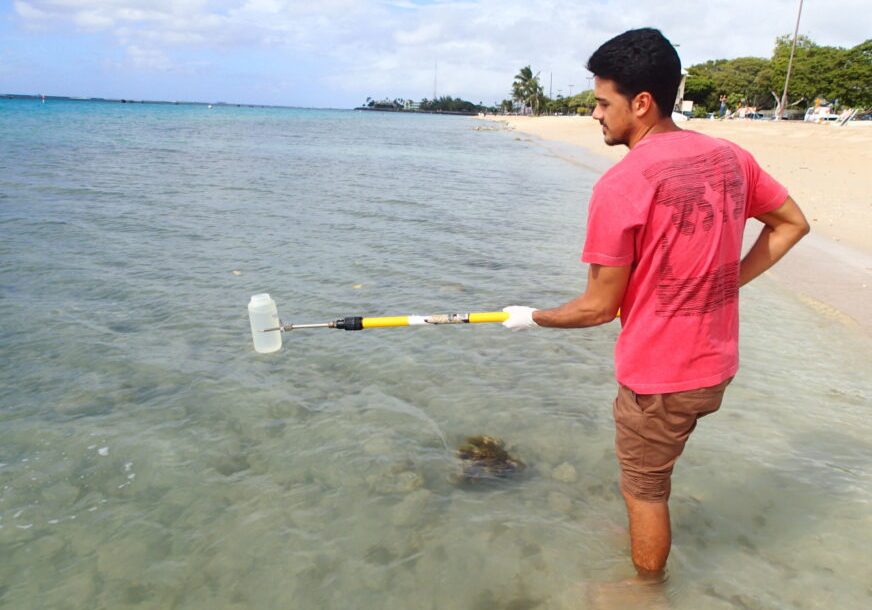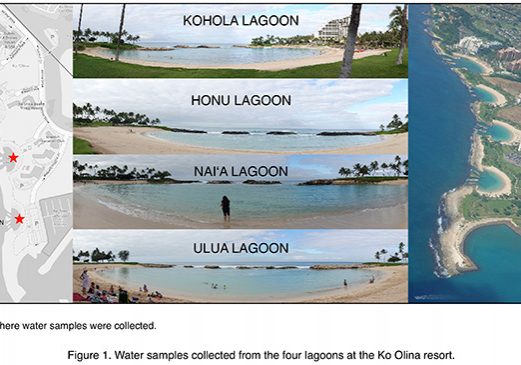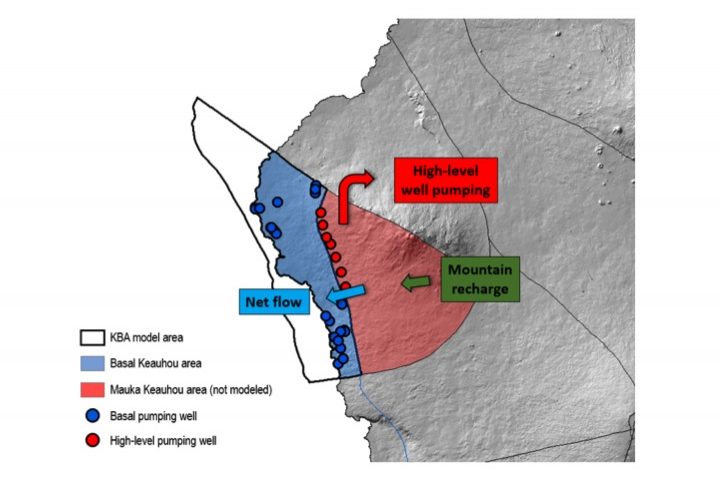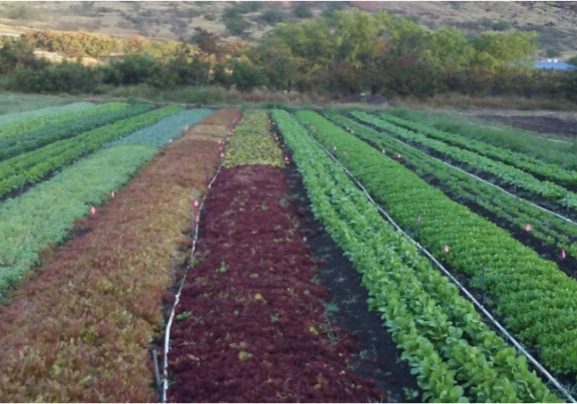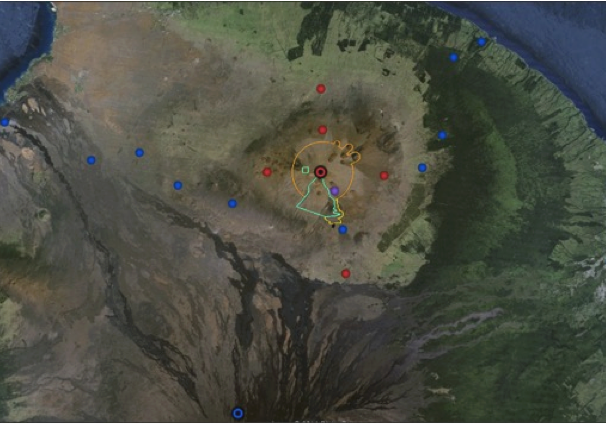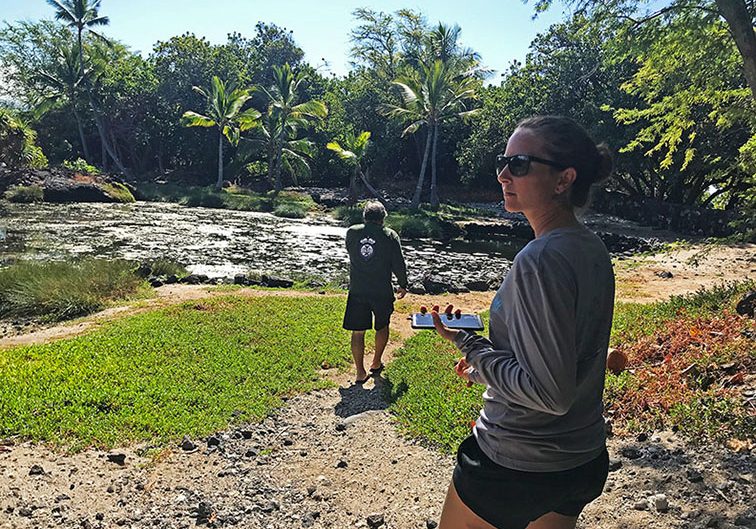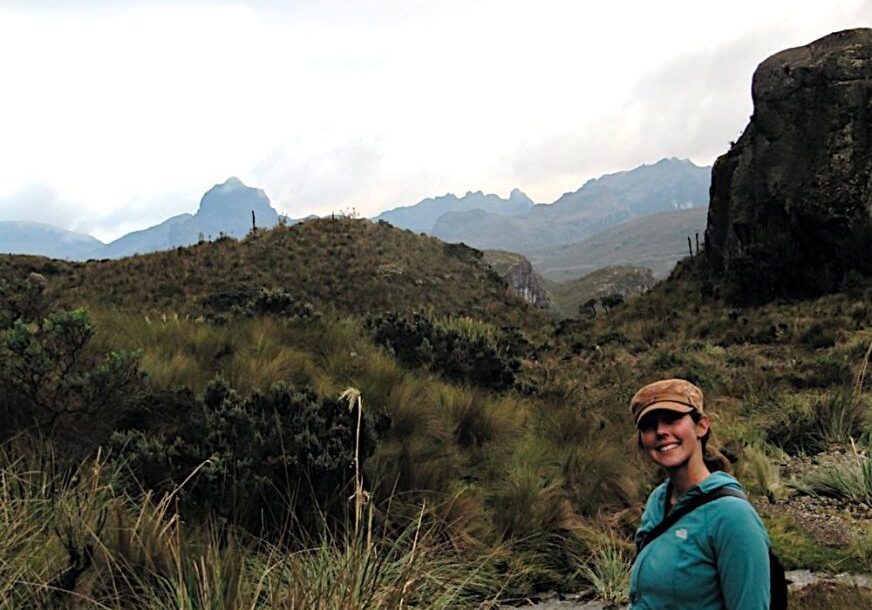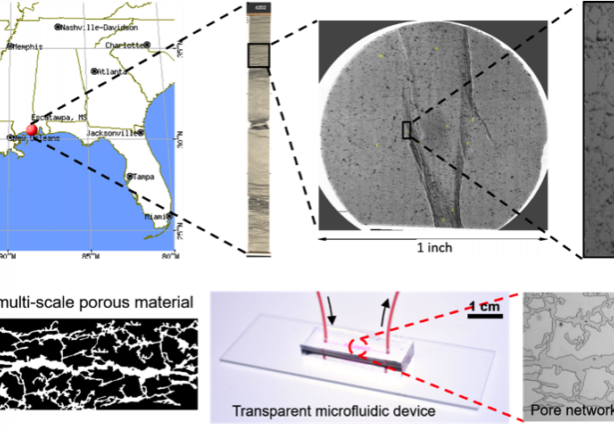FEATURED RESEARCH
A Multi-State Regulation and Policy Survey of Onsite Wastewater Treatment System Upgrade Programs
This study was commissioned by the Cesspool Conversion Working Group to evaluate and analyze cesspool and conventional on-site wastewater treatment system conversion methods in selected US mainland states.
The Microbiological Water Quality of Oahu Beaches
The Microbiological Water Quality of Ko Olina Lagoons
Development and Multi-Process Calibration for the Keauhou Aquifer in West Hawai‘i
Forecasting Daily Reference Evapotranspiration for Water Resources Conservations and Sustainable Agriculture in Hawai‘i
Evaluation of Climate Monitoring on Mauna Kea
Deep Learning Applications for Image Reconstruction and Analysis in Earth Sciences
Demonstration Study of High-Rate Floatation/Contactor Treatment of Raw Wastewater
RESEARCH PROGRAMS
Maintaining a high level of water quality over time, especially on islands where freshwater resources can be easily compromised, requires a level of expertise in science, public administration and health, as well as partnership development that few entities can accomplish. As one of 54 institutions created under the federal Water Resources Research Act of 1964, WRRC is uniquely positioned to develop, implement and manage complex water quality projects for the public’s benefit.
With demonstrated success in utilizing cross-sector collaborations, facilities that include environmental chemistry and microbiology laboratories, as well as a roster of highly-seasoned faculty researchers, substantive outcomes have been produced across five categories of research:
Even though the work of WRRC goes largely unseen by the public it is vital to the daily lives of people across the Pacific. With most of the Center’s research being directed at addressing the evolving needs and problems of the agencies responsible for managing water resources WRRC research impacts every sector where water is a key element from tourism to public health. This also means its projects span a wide spectrum of issues from identifying infectious agents (bacteria and viruses) in wastewater and assessing the effects of Hawaii’s four deep-ocean sewage outfalls, to pioneering clean water catchment technologies for isolated areas, and ensuring water contamination events are managed quickly and appropriately.
